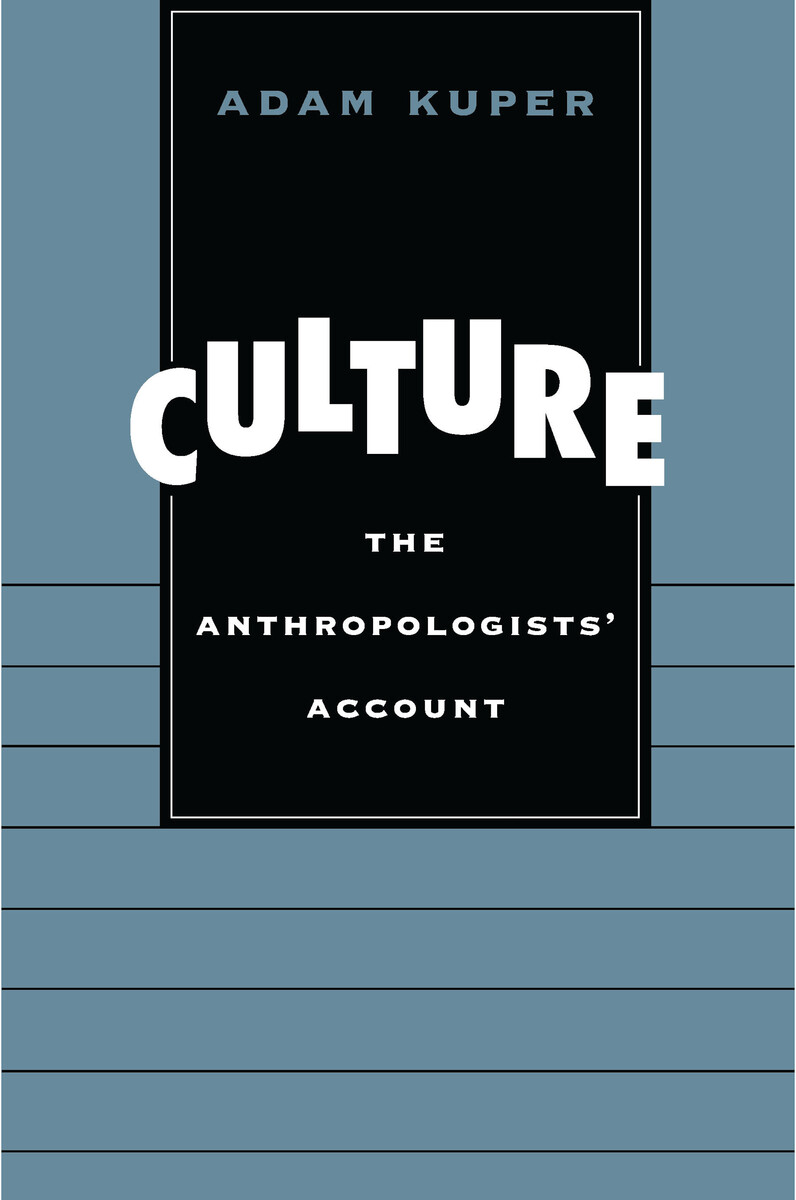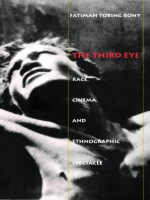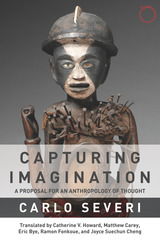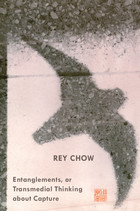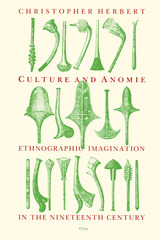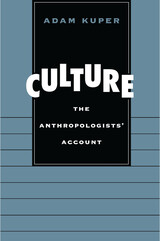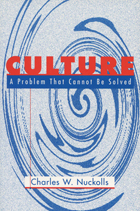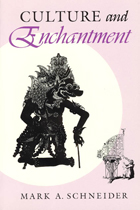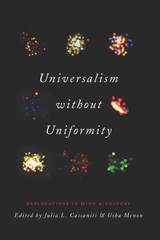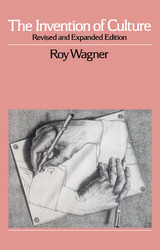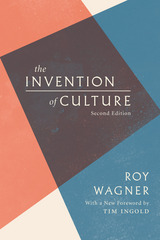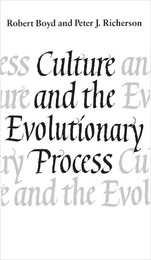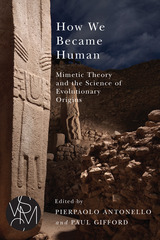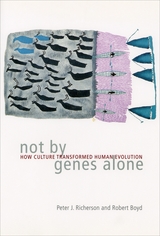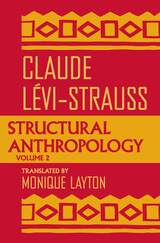The more power culture accumulates, the more urgent it is to understand just what it is, how it came to be and how it affects the way we think. Some hints can be found in an elegant historical survey in the opening chapters of [this] new book by the anthropologist Adam Kuper.
-- Edward Rothstein New York Times
[Adam Kuper] gives a historical analysis of the usage of "culture" and kindred words since the period of German and English romanticism. Then he examines the consequences of the decision by an influential school of American anthropologists to adopt "culture" as their professional specialty...Kuper has always been a bit of a stirrer, since his history of British social anthropology was published in 1973. He has not lost his sharpness of touch.
-- Jonathan Benthall The Independent
Culture is a mature work, profound, [and] well researched.
-- Mary Douglas Nature
Perhaps the most important insight that Kuper offers to the current generation of American cultural anthropologists is his caution that the celebration of cultural diversity could have negative, unintended consequences for attitudes about race and ethnicity. What was once called social studies has been dusted off and renamed cultural studies, acquiring such cachet in its new guise that it has become a de rigueur university offering. But Kuper points out that in celebrating the politics of cultural identity, Americans unconsciously, or perhaps self-consciously, forget about the value of cultural universality and solidarity. Identity politics may work well for the underprivileged minority groups in affluent America. But when identity politics is applied to other societies with other histories, the results can be disastrous.
-- Craig B. Stanford The Sciences
The author of a much respected history of the field, [Adam Kuper] turns his attention in this new book to the heretics and the black magicians of the United States, whose great crime has been to build a world view and an explanatory framework that puts culture at its core...[He makes] a powerful case, and difficult to resist. Any account of human society must in his view deal kindly and truly with the realities of life in the market place, with the vulnerabilities of the body and with our consistent struggles with a recalcitrant world. Those who separate culture from these material forces, and they are many who appear to have done and still do so, must be challenged and unmasked.
-- Roger Silverstone Hampstead & Highgate Express
[Kuper] argues that cultural anthropology in the US is deficient because it subsumes social organization, economics, and politics under the rubric of culture...Throughout, Kuper argues for ethnographic work that embeds behavior in economic and organizational matrices. He is a sound critic of identity politics, cultural determinism, and the interpretive bias in American ethnography.
-- R. Berleant-Schiller Choice
Kuper takes a penetrating look at the concept of culture, moving from antecedents in 18th- and 19th-century thought to focus on its meaning within post–World War II social sciences in America under the leadership of Talcott Parsons… Written with verve and fascinating insight into the ins and outs of modern cultural anthropology, Kuper’s book will appeal to students of anthropology and intellectual history.
-- Joan W. Gartland Library Journal
Today, as multiculturalists champion minority cultures and cultural studies spew trendy ideas, the culture concept, long a tradition in American anthropology, enjoys a fashionable new appeal. Kuper's work traces the genealogies of the concept, sparking discussion of its uses and limitations...A thoughtful account of an important idea in Western intellectual history.
-- Philip Herbst Booklist
Adam Kuper remains the supreme ethnographer of modern anthropology. In Culture he shows once again the scope and depth of his scholarship, and the sound common sense of his judgment. No commentator and critic could have done a finer job than Kuper does here.
-- Robin Fox, Rutgers University
Culture cuts through the bloat of twentieth century social science with the knife of political reality. Kuper writes with acid clarity and enviable erudition. There will be howls of protest from American academia but Culture was for this reader like finding a map of the intellectual wilderness in which we have been lost.
-- Alan Stone, Harvard University
A fascinating book on a crucial subject. ‘Culture’—the word—is everywhere these days, and anyone who reads this book will be better placed to think about how, when, and even if to use it.
-- K. Anthony Appiah, Harvard University
